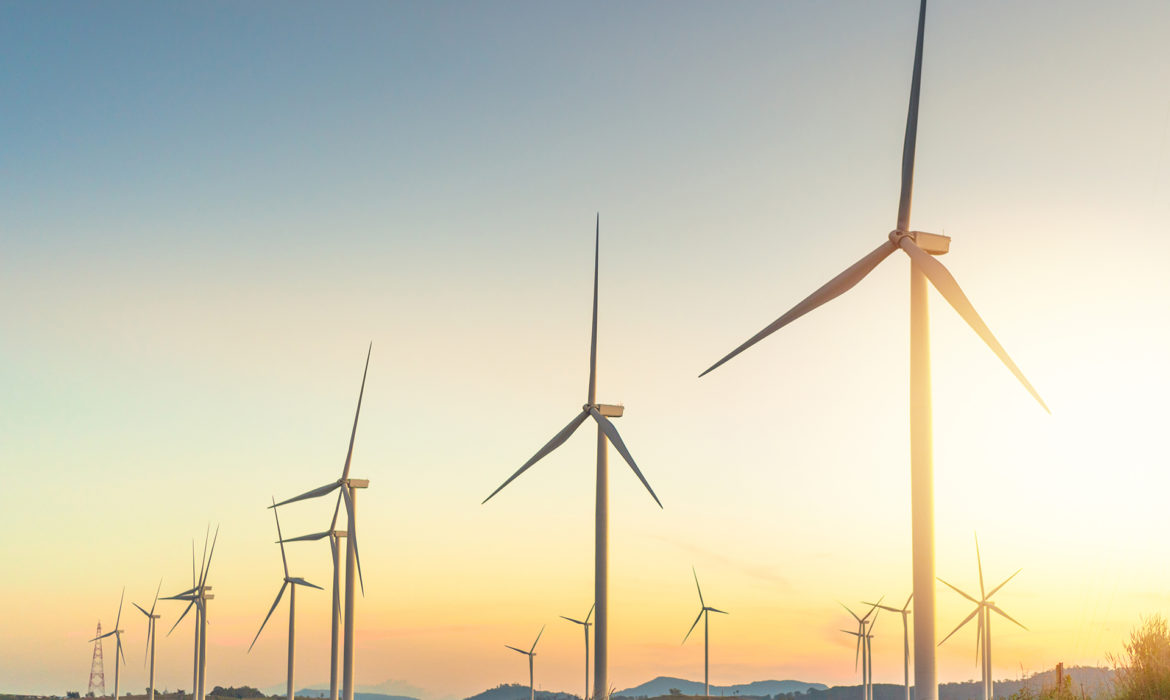
Cost leadership and green transformation
Construction firms could be making more of opportunities to reduce costs and drive profitability by undergoing a cost-led ESG transformation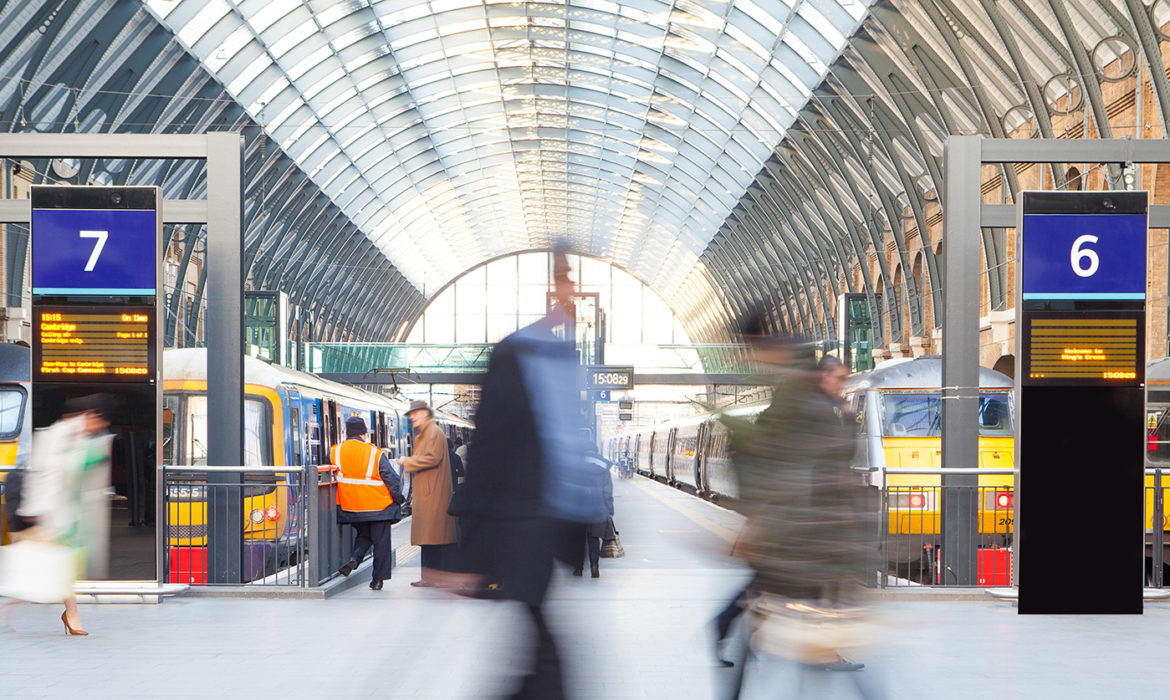
Decarbonising the way to rail recovery
To achieve the target of net zero by 2050, the rail industry has a lot to do. As TOCs prepare for the return of normal services, is there an opportunity to accelerate decarbonisation programmes at the same time?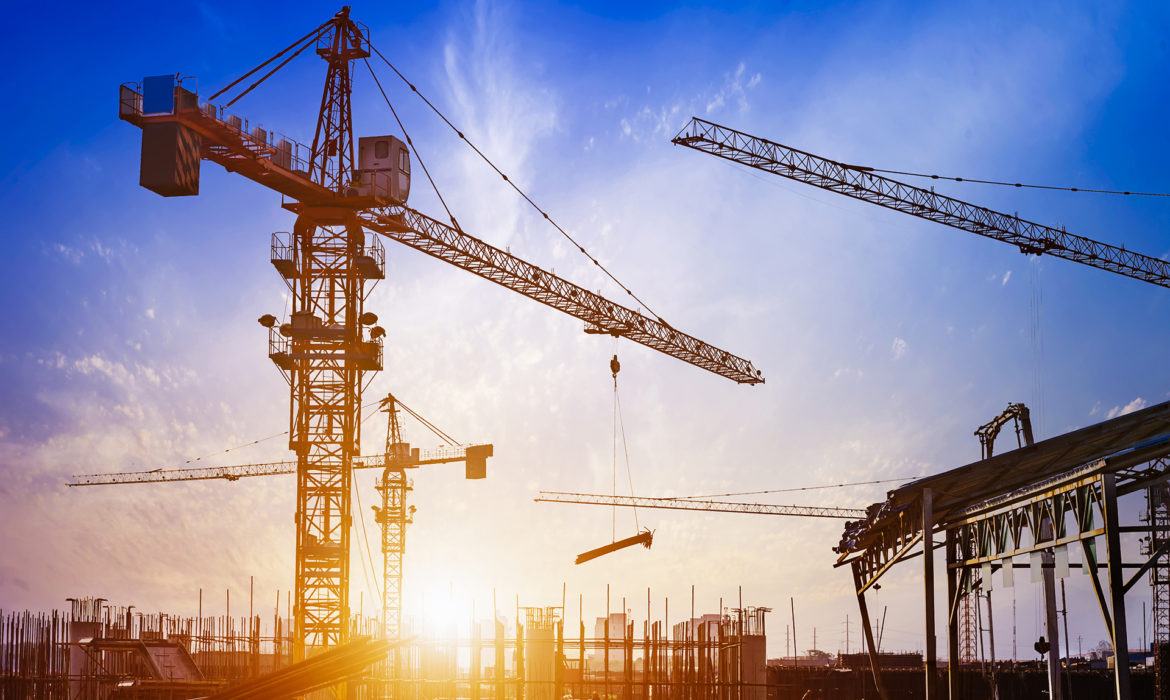
Driving costs, productivity and pace in construction projects
Poor productivity and pace slippage in construction costs money and damages projects margins. We explore how productivity can be measured and improved.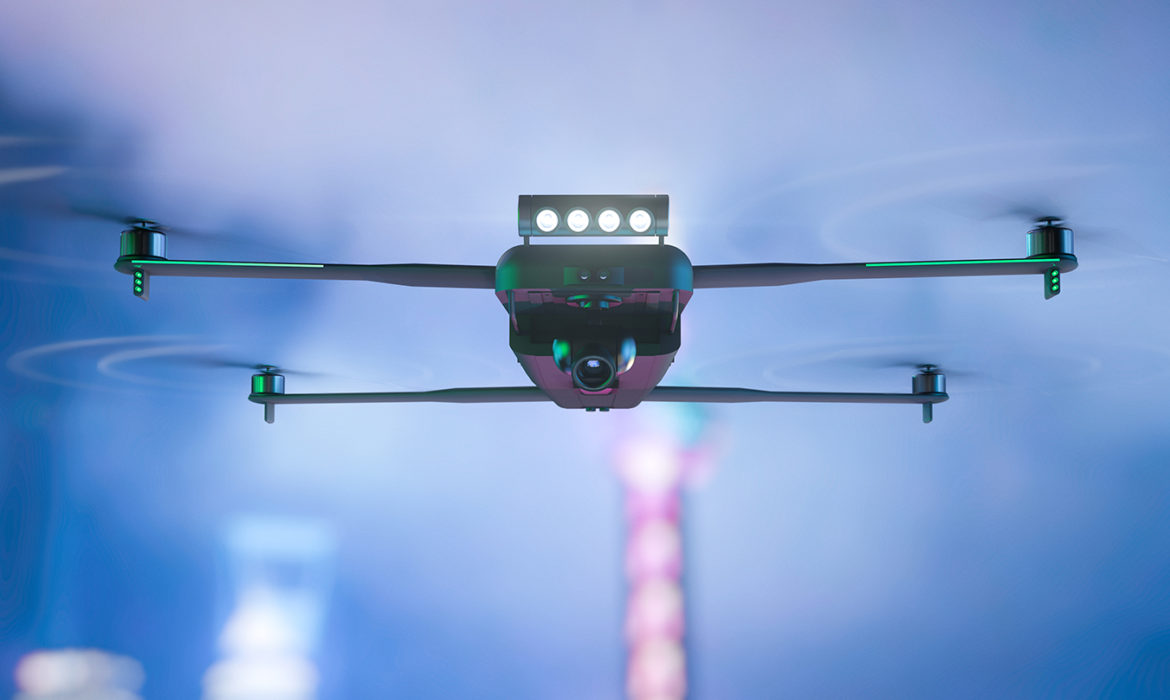
The future is vertical
Paul Adams considers recent developments in the UK to accelerate the future of urban air mobility. How will these tech disruptors transform existing aerospace supply chains?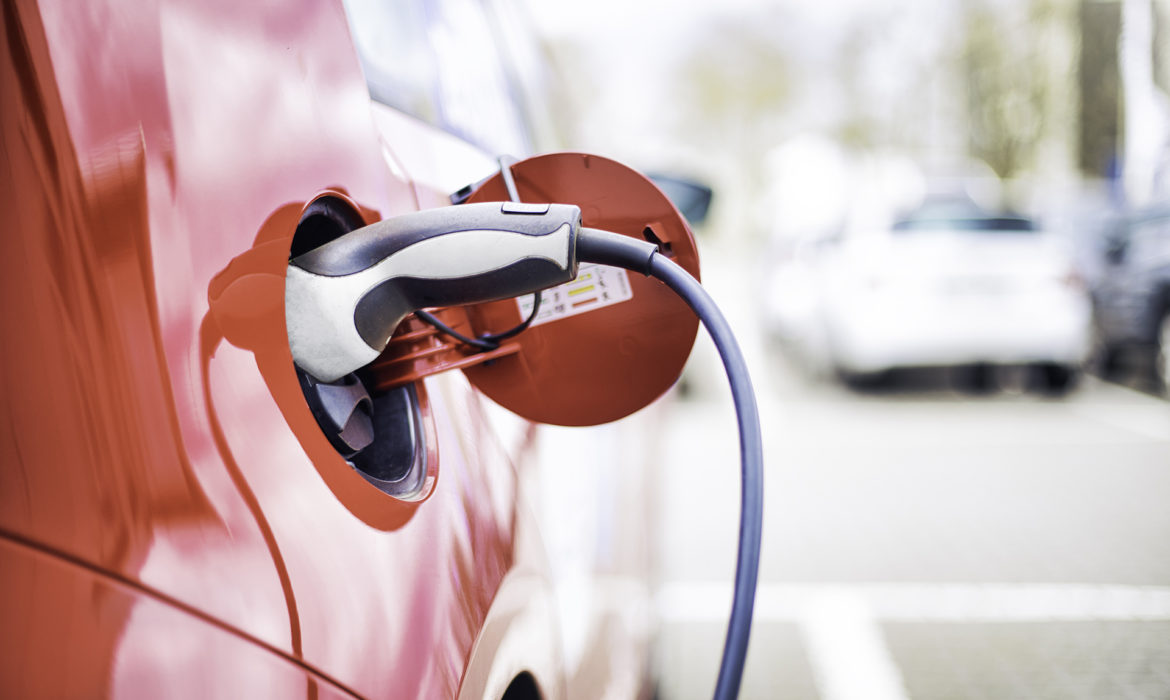
More EVs are coming, but will the price be right?
Justin Benson considers the importance of balancing brand and price as established car makers line up to launch new mass market EVs.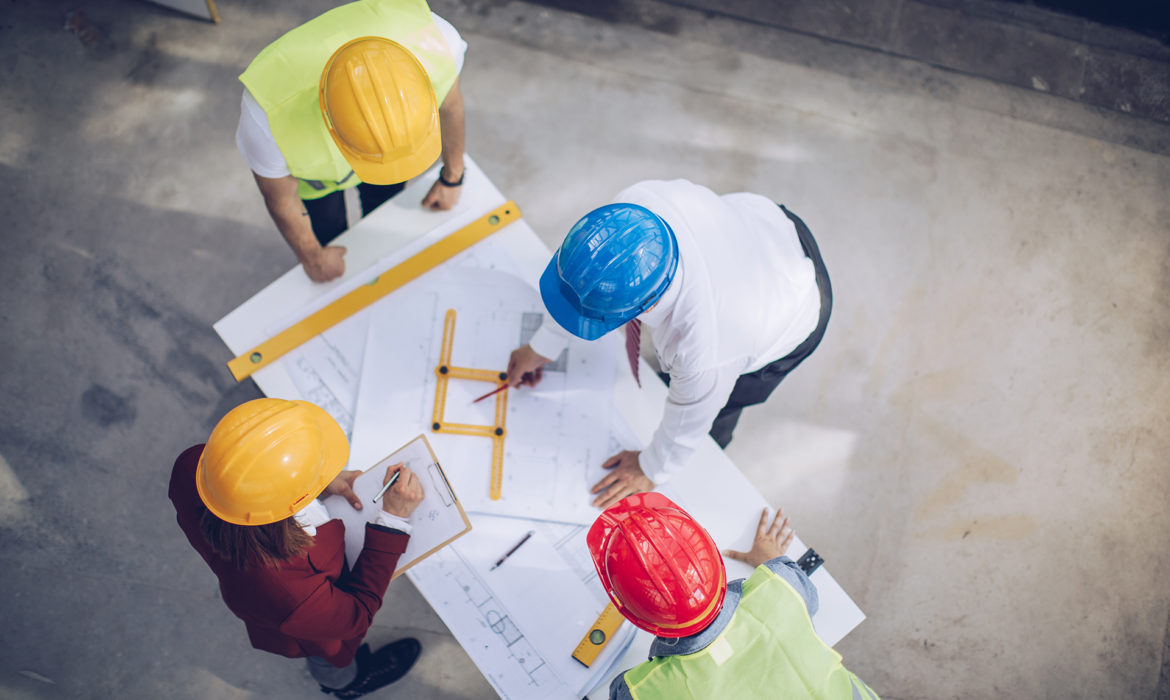
Removing and controlling costs – a strategic imperative for construction firms
Long-standing low and recently falling margins in construction are in danger of becoming an expected norm. But does it really have to be that way?
How publishers can improve efficiency without collateral damage
When not approached properly, content cost reduction can lead to collateral damage in the form of lower-quality content. Now more than ever, this needs to be avoided.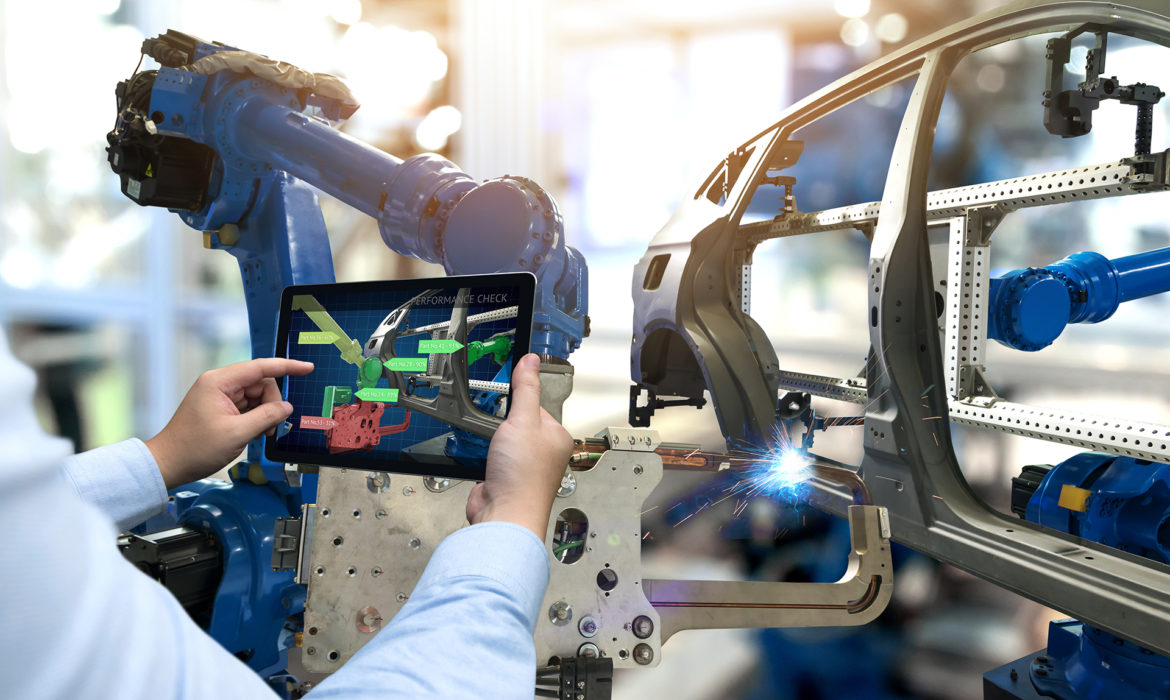
Playing the automation advantage
Rather than stalling strategic investments in automation and digital technologies in order to control costs, some high-value manufacturers are accelerating such plans in a bid to gain market share or drive additional enterprise value in recovery.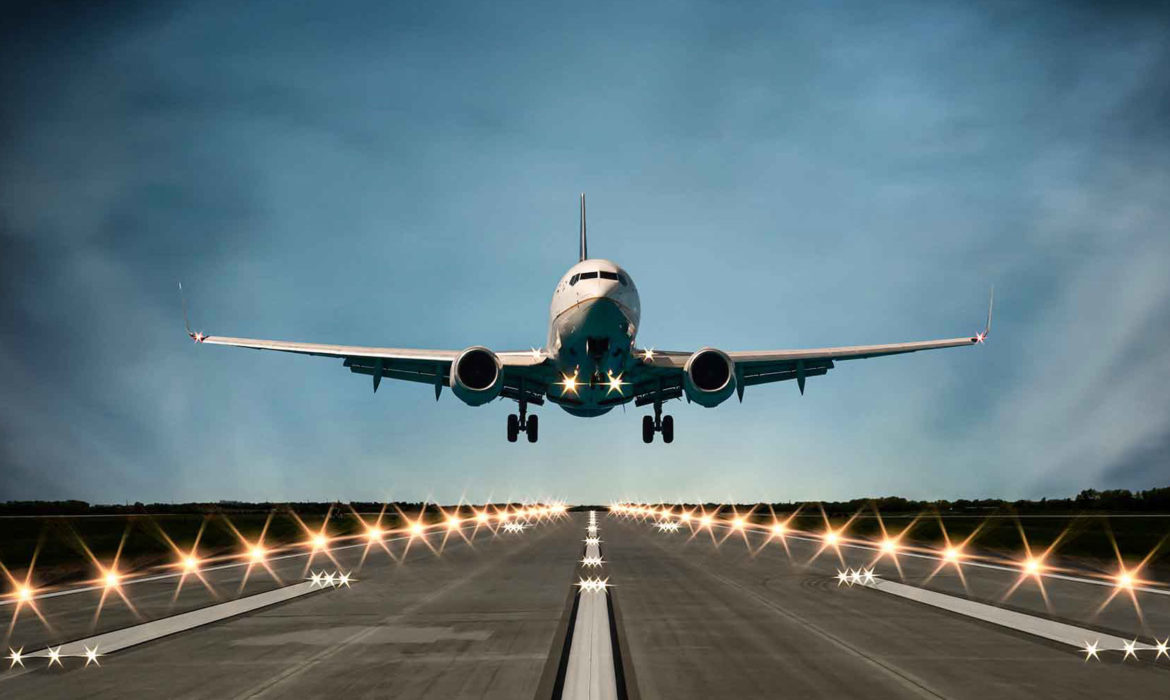
Preparing for a hydrogen-fuelled future
Why is there so much excitement about hydrogen’s potential for transforming the sustainability of modern air travel, and what practical challenges stand in the way of aviation’s hydrogen-fuelled future?